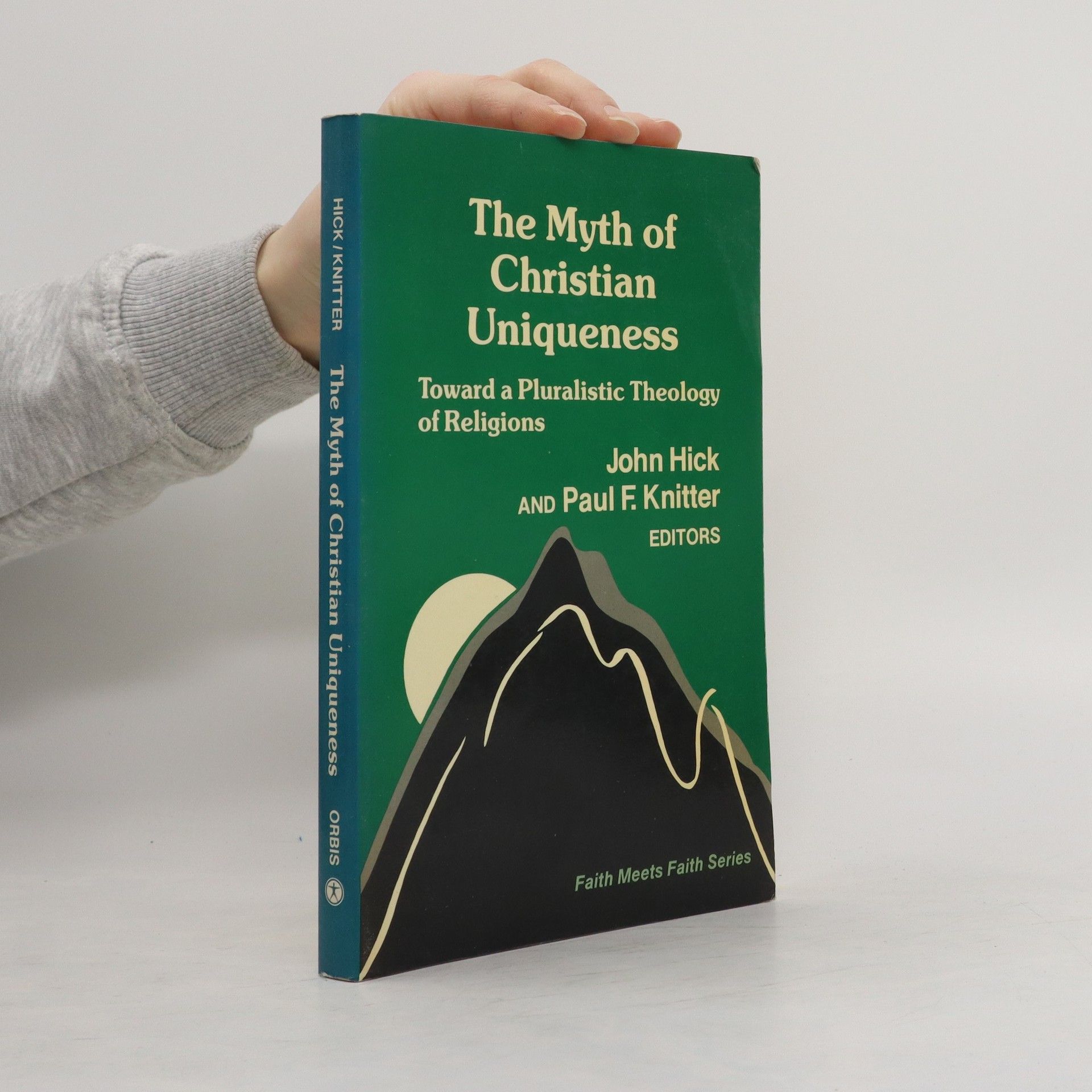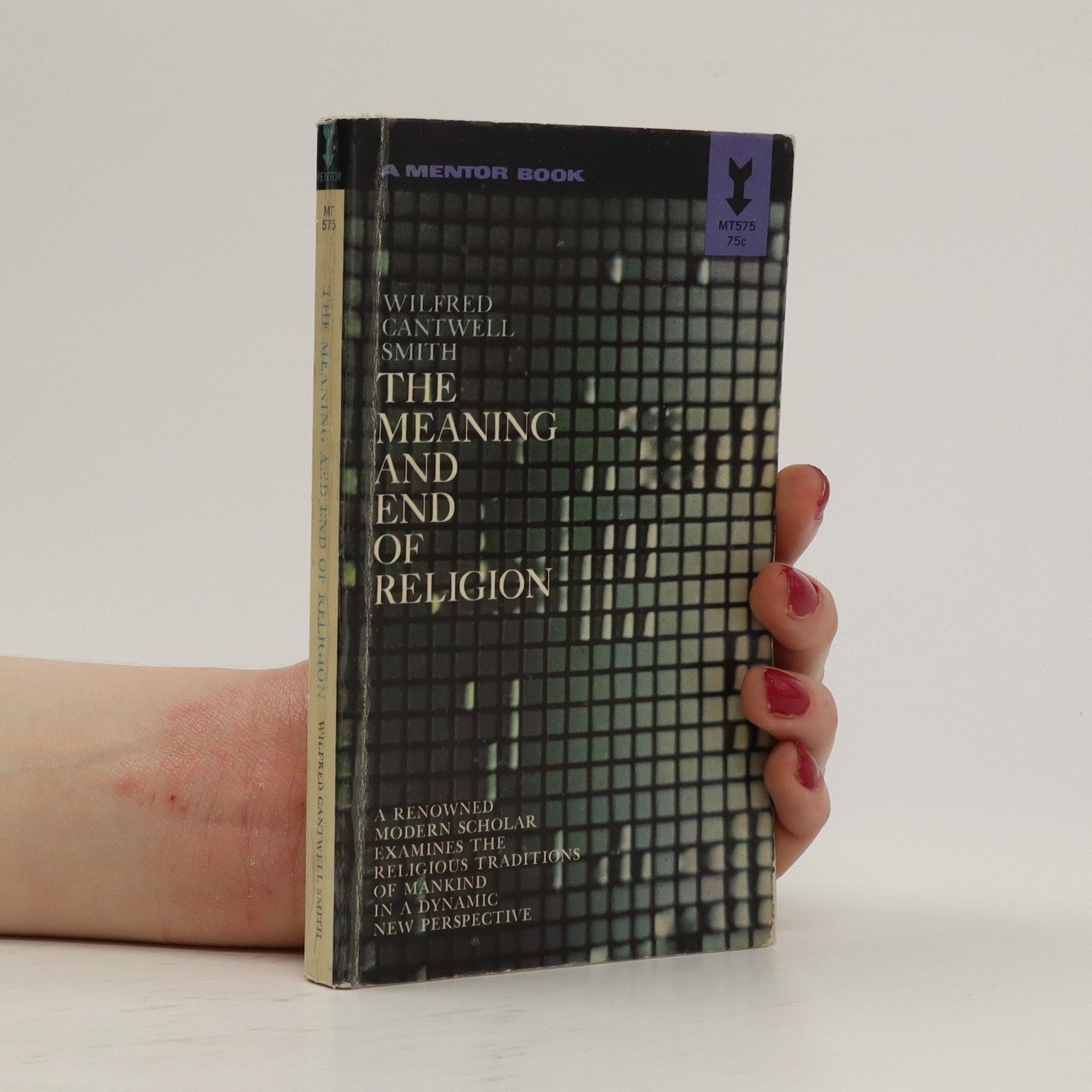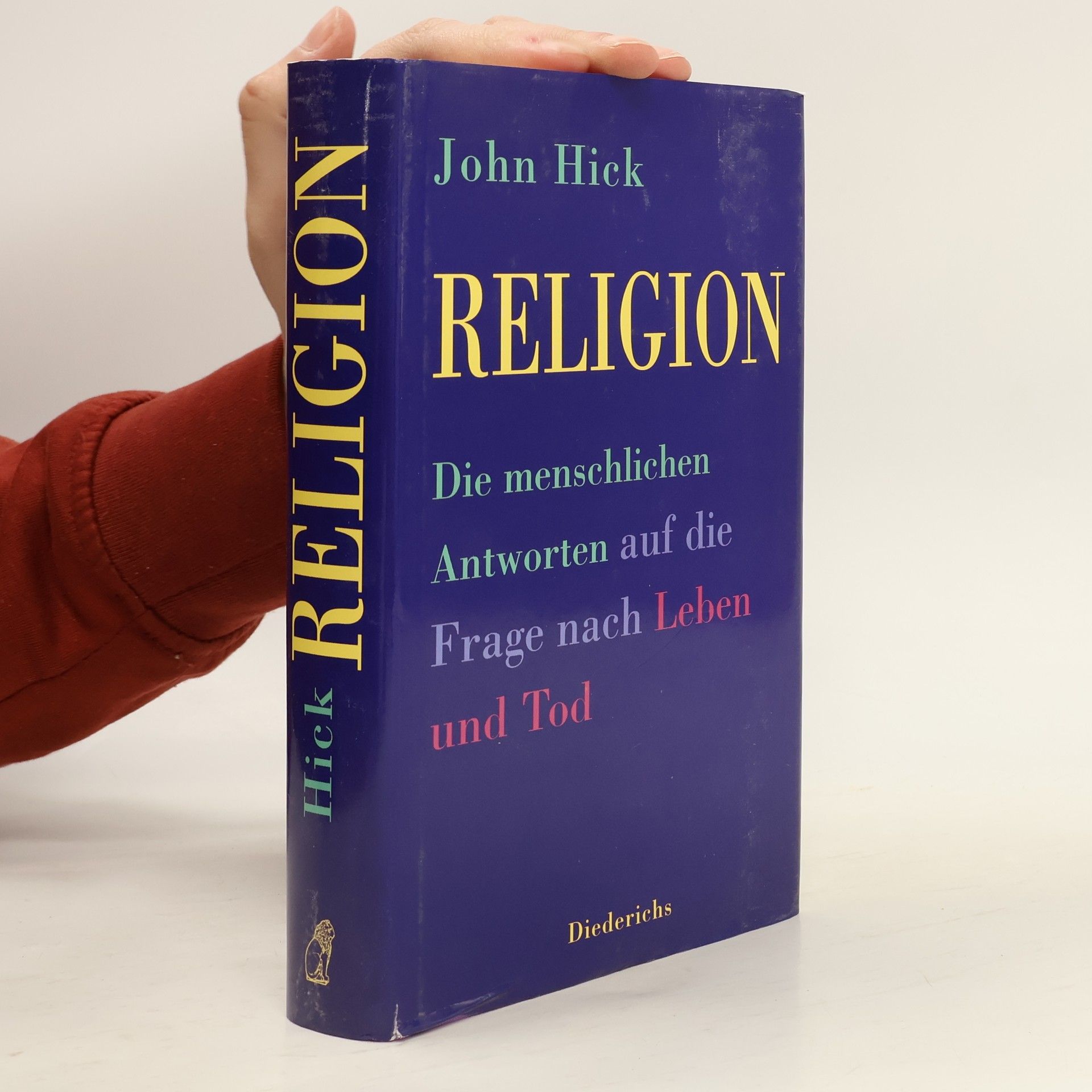Religion
- 462 Seiten
- 17 Lesestunden




Exploring the profound themes of truth and justice, this collection of essays delves into the ultimate realities highlighted by major religions, examining aspects such as religious experience and interfaith relations. It also investigates the quest for justice and peace through the lens of a global ethic, highlighting the philosophies of Mahatma Gandhi and the struggles during South Africa's apartheid. The work invites readers to reflect on the connections between spirituality, morality, and societal change.
Wilfred Cantwell Smith, maintained in this vastly important work that Westerners have misperceived religious life by making religion into one thing. He shows the inadequacy of religion to capture the living, endlessly variable ways and traditions in which religious faith presents itself in the world.
s/t: Toward a Pluralistic Theology of Religions